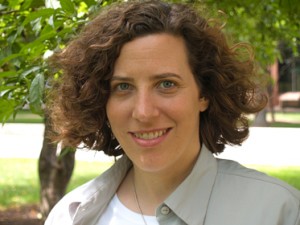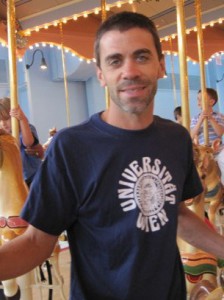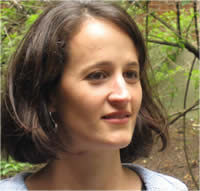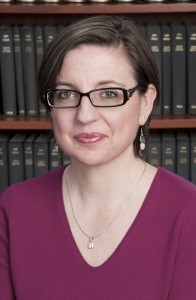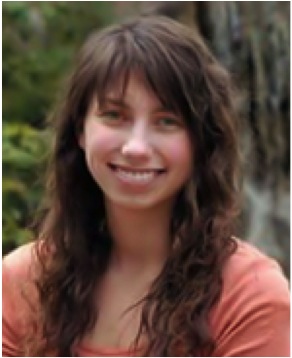[ensemblevideo contentid=D5zFRiEOPUiNf3T-mpXlNA audio=true showcaptions=true displayAnnotations=true displayattachments=true audioPreviewImage=true]
Organized in 1990, the Electronic Frontier Foundation is a nonprofit organization committed to defending civil liberties in the digital environment. EFF engages in litigation, advocacy, and technology development to help secure individual rights online. Whether legal protections simply have not caught up to rapidly changing technologies or governments and corporations overreach in pursuing their goals, EFF stands ready to put the public first in digital policy debates and legal proceedings. Perusing the EFF web site offers a quick entree into the most important legal and policy issues concerning digital communications and technology: free speech, fair use, innovation, privacy, and transparency. Just recently EFF sued the NSA, in First Unitarian Church of Los Angeles v. NSA, for First Amendment violations of freedom of association based on revelations of whistleblower Edward Snowden. EFF also develops digital tools and recommendations for enhancing online privacy (see Surveillance Self-Defense).
2012 Temple graduate April Glaser joined EFF in the fall of 2013. From her home in San Francisco, she frequently travels around the country giving talks and participating in discussions on the work of EFF. Before studying at Temple, April worked at the Prometheus Radio Project as an advocate for community radio. She testified on several occassions before the Federal Communications Commission (FCC) and her work contributed to the passage of the Local Community Radio Act of 2010.
On a recent swing through the Keystone State, April stopped by my office to speak about her work at the Electronic Frontier Foundation. We spoke on March 27, 2014.
Audio Embed Code

